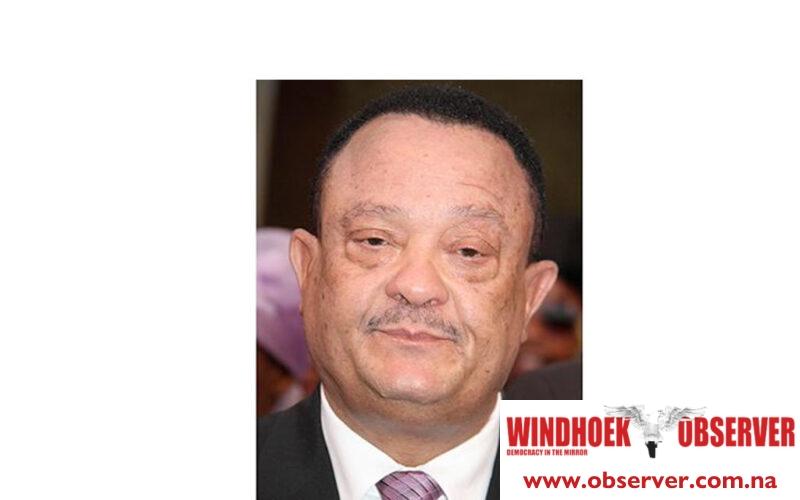Martin Endjala
A former diplomatic representative of Namibia, Ambassador Pius Dunaiski urged the government to exercise caution when accepting financial support from countries outside Africa, as this could compromise the country’s ability to remain independent.
Dunaiski said this on Wednesday during a telephone interview with the Windhoek Observer when asked about the possible implications of accepting financial support for the country’s policy-making processes.
The National Planning Commission (NPC), in a notice, invited the government, and other interested parties to provide input to the draft of the new Government-Civil Society Partnership and Engagement Policy. The notice was published in local newspapers this week.
The NPC is spearheading the comprehensive review of Namibia’s 2005 government and CSO partnership and is supported by the European Union through the Enhancing Participatory Democracy Programme (EPDN).
The Windhoek Observer understands that the EU’s involvement is only in financial support and not in drafting the policy.
Dunaiski said that it is not new; it has been a practice for many decades, adding that the only difference is that people are now becoming more aware of African people.
“This financing of very key things has compromised us a lot; I mean, you will be shocked if you see the funding of AU programmes and SADC.
There is actually a whole new movement sweeping over sub-Saharan Africa, and we have concluded that, as a people, we cannot extract ourselves from poverty and backwardness. And the reason behind this is that the entire international system is the financial architecture.
Whether it is the EU, the USA, or others, they are dominant, and they decide how much they will pay for your gold and determine how strong your currency is, so they are determining a lot of things, so they can manipulate a lot of things,” he said.
He said that people are now waking up as there is too much external influence in Africa coming from the West.
However, with the rise of China and Russia, he said, for Africa to get out of the black hole, Africa needs to see whether it can look to the East in terms of support to do away with the syndrome of dependence on the Western countries.
Dunaiski believes that only by developing new arrangements for exploration can Namibia grow as a country, be strong, stand on its own feet, and assert itself more.
He stated that African countries’ mismanagement has resulted in many countries falling under Western dictatorships’ control.
These dictatorships, he said, often direct a country’s actions due to the funding they provide in crucial sectors.
He said the person with the money controls the destination, adding that Western influence is not only in policy-making but also in sectors such as trade and critical raw minerals.
Meanwhile, another former ambassador, Kaire Mbuende, stated that the EU has supported various sectors in Namibia since independence and will continue to do so.
Mbuende’s sole concern stems from the provision of such assistance to those it appoints, implying that it ultimately fails to benefit Namibia.
Mbuende said Namibia’s capacity must ensure the support it gets serves the people’s interests and not that of the giver, adding that the giver’s hand is higher than that of the receiver.
“One should be, to a certain extent, wary of that because we have experienced that CSO is pushed to the point of being a replacement for the government in the provision of certain services. Instead of sometimes giving financial assistance to the government, it is given to CSO because these are NGOs, and they normally get their funding from the same people, and they think that they will do a better job,” said Mbuende.
Mbuende added that, despite the concerns raised, Namibia and the EU have signed an agreement regarding the kind of support they can provide.
He, however, questions who the consultants are in terms of CSO, adding whether they are Namibians or consultants selected by the donor.
“That is the critical question. When it is our own people doing that job, I do not see any problem, but if they’re funding the people of their choice, then that is problematic. It has happened sometimes that they fund their own consultants, which means the money goes back to Europe,” said Mbuende.




